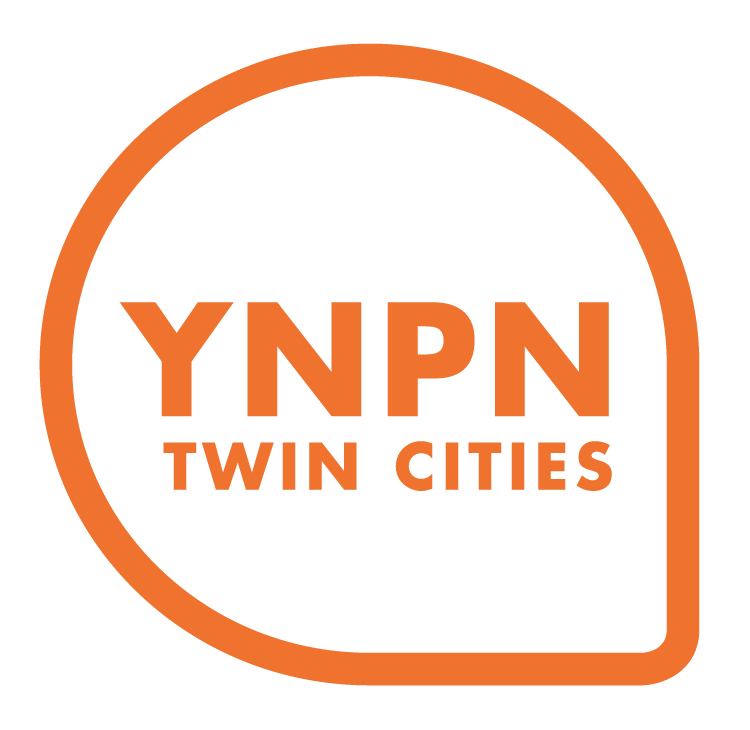Lessons from career pivot planning
by Alex Veeneman
I answered the questions and double checked the fields to make sure I didn’t miss anything, and gave the automated application system the names and email addresses of recommenders, who were sent forms to fill out. Then, together with 23 to 34 double spaced pages of writing plus a separate thousand word statement of purpose – all in 12 point Times New Roman font, I clicked Submit. All that was left was to fill out the FAFSA and e-sign a request to my alma mater in Illinois to send copies of my college transcripts to the universities I applied to.
With that, I completed one of the biggest projects I undertook in 2021 – applying to graduate school. Now, I’m waiting to see if my applications are successful – answers that are slowly coming in.
I always knew I would return to school at some point, but I wasn’t sure what path was right and how it would help me fulfill my professional goals. Then came the COVID-19 pandemic, and with it came endless uncertainty and more questions than answers. The anxiety that came from the challenges of each day, at times, became too much.
Yet, one of the most stress-filled times of my life saw me find clarity on what to do in my life, combined with an opportunity to make a difference. I still wanted to tell stories, but I also wanted to help answer some of those pressing questions – one of them being how journalism and media can work better for my fellow citizens.
A slight career pivot was in order, and as I began to work on how to make it happen, I learned that I wasn’t the only one thinking about career changes. A poll, conducted this past July by The Washington Post and the Schar School of Public Policy at George Mason University, indicated that nearly 1 in 3 U.S. workers under the age of 40 thought about changing their occupation or field of work since the COVID-19 pandemic began.
However, I’m not naïve. Connecting point A to point B and making such a pivot work is by no means an easy task. With that being said, here are a couple of things I learned as I try to make this pivot:
1. Take notes – if you’re thinking about graduate school, make a shortlist of programs that you’re interested in, and consider the work you want to pursue and the questions you’d want to answer. If you’re thinking about going to a new industry altogether, consider the goals you have and your motivations to support that. Keep a set of links to help organize your thoughts and your goals – be they programs and articles about what you want to study or what drives your interest in working in a new industry, or perhaps a new organization. When it comes time to start your pivot, don’t be afraid to cite things early and often from that list.
2. Talk to people – in addition to the research you do and the links you keep, talk to people, be they professors, other students, those in the industry or organization you want to work at, or those who might be able to share insight on how you can best move forward. Not only will you be expanding your network, but you will also have firsthand knowledge that will come in handy when you begin to start your pivot, as well as boosting your confidence.
3. Keep an open mind – as you plan your pivot, it may not necessarily go the way you planned. Account for that. Have a plan B in your back pocket in case you need to delay some part of your pivot, need to adjust your goals or path, in case you didn’t get the news you expected about a job or admissions to a university program.
4. Keep track – accomplish a goal towards your career pivot? Write it down! Apply to a graduate program? Write down when you applied to it. Need to do something else, like requesting a transcript or getting a reference letter? Make a note of it to help track your progress. Also, take note of any deadlines that might be important in helping you plan your pivot, be they from any program or application or self-imposed.
5. Stay curious – connecting point A to point B and putting everything together can be daunting. Don’t be discouraged. Try to remember what originally inspired you to pursue that career pivot, and remember that a setback does not equal failure.
Making a career pivot can be difficult, but in the end, it can be one of the most rewarding things one has accomplished. Indeed, no two experiences are alike, but if you’re prepared, do your research and maintain your curiosity as you plan your pivot, you can accomplish a lot, not just for your professional life, but for the world around you.
Alex Veeneman is a freelance journalist who has written for publications in the US and UK, including the digital publications of Twin Cities PBS. He is also an active member of the Society of Professional Journalists. You can connect with him on Twitter and LinkedIn.



